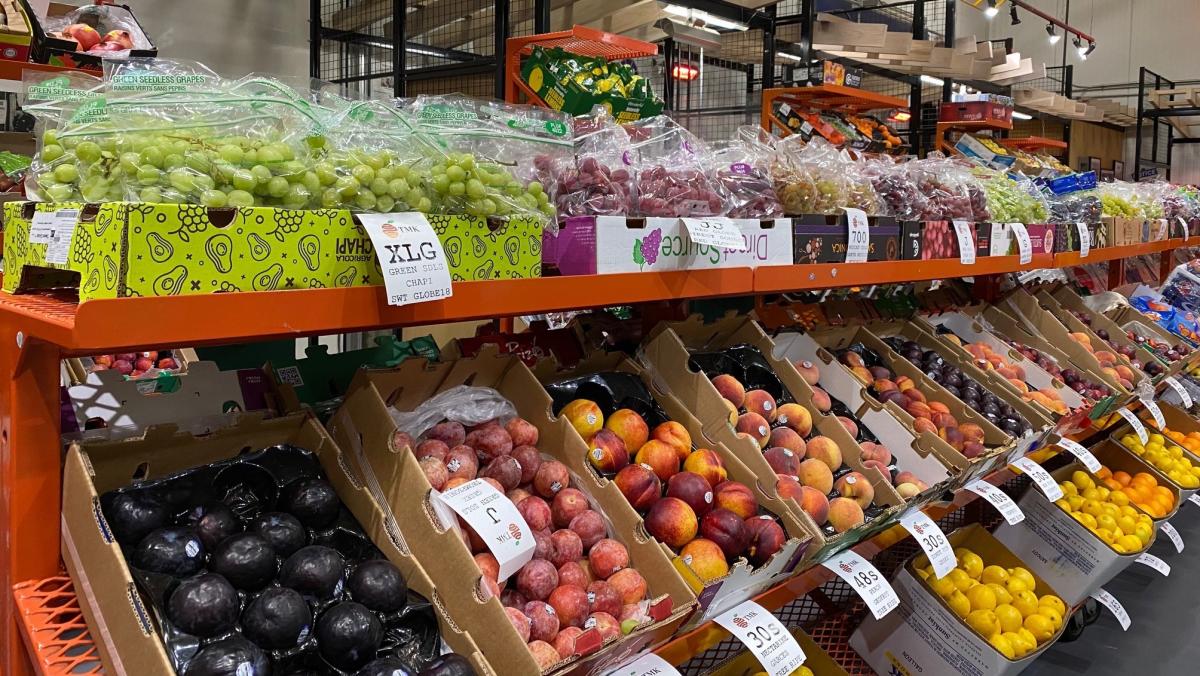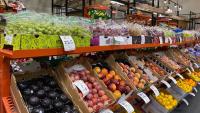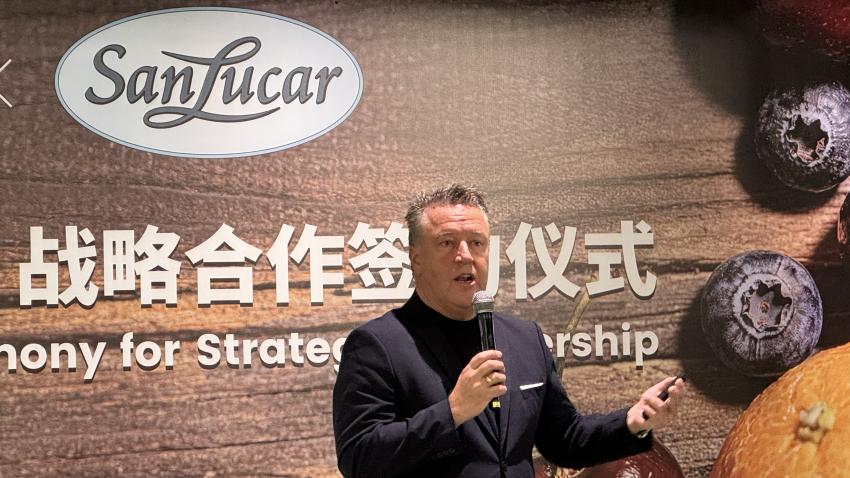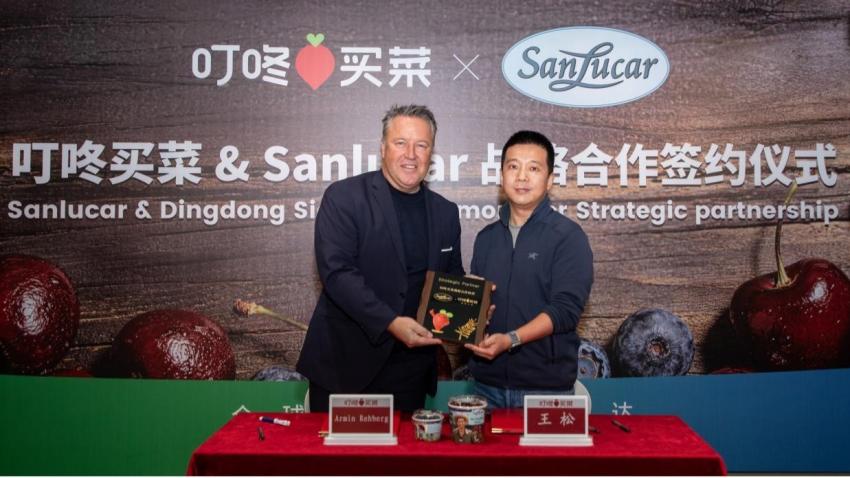You are here
Back to topPhiladelphia Wholesale Produce Market: Best Practices

The Philadelphia Wholesale Produce Market is known for a number of unique characteristics. The International Fresh Produce Association recently conducted a tour of the market for its country managers, and this is what they discovered.
In contrast to other wholesale markets, which run outdoors or in covered locations with specialized spaces for cold storage, the temperature of the PWPM is regulated across the entire facility. Opened in 2011, the PWPM is regarded as the world’s largest totally refrigerated produce wholesale market, with the shopping stands being maintained at 10 degrees Celsius around the clock and the storage areas being individually adjusted to the appropriate temperature for the goods inside. Temperature control is also available in the truck loading facilities. As a result, the market provides an uninterrupted cold chain environment throughout all phases of wholesale operations.
The PWPM is home to about 20 wholesale merchants who operate their warehouses and stands here. The majority of them have been in the business for several generations and have developed a huge network of local and international ties. Working at the PWPM normally involves a lifetime commitment because vendors must sign a 40-year lease for a market spot. Most of the vendors offer fruit and vegetables grown by domestic and international producers, while a few of them have their own farming operations.
(1).jpg)
The PWPM receives direct truck deliveries of perishable goods from suppliers in the United States, Canada and Mexico. Together with this continental supply, fruit and vegetables from Central America and South America are also brought to the market, as well as those from Israel, the European Union, South Africa, South Korea, China, Indonesia, Morocco, Australia and New Zealand. Offshore produce typically reaches the market via Delaware River seaports, which are located a few kilometers away. This huge range of Northern and Southern Hemisphere suppliers allows the PWPM to offer a wide selection of products, with exotic and off-season fruit being always in stock.
In March, when the IFPA delegation visited the market, there were many vegetables from Mexico and Canada, while the majority of the fruit originated from Chile and Mexico. In terms of Chinese produce, ginger was found at a number of shops.
The IFPA delegation observed that each vendor had a large selection of fruit and vegetables available. For instance, the T.M. Kovacevich shop featured more than 40 different kinds of table grapes, with the price varying depending on the quality. Overall, the fierce competition among sellers encourages them to keep product quality high. Nonetheless, a wide range of quality levels are offered in an effort to meet the diverse demands of customers. Like with every market, prices at the PWPM reflect the balance between supply and demand. In order to balance their supply before perishability becomes an issue, vendors who have an excess of a certain commodity tend to lower their prices — “sell it or smell it,” as an age-old industry saying goes.
The PWPM’s overall layout is uncomplicated yet practical for both vendors and customers. Every shop has a cold storage area in the back and a pedestrian aisle at the front. Yellow steel barriers are used to safely divide the lanes for forklift vehicles from the walkways. Customer safety is prioritized because of the busy traffic conditions during peak hours, when power jacks must move swiftly to transport the items. The market spans an area of approximately 65,000 square meters.
In addition to offering shops and warehouses, the PWPM also provides access to ripening facilities, which are used by several banana companies. Within walking distance of the main market building is a recycling and waste processing facility owned by the market. The PWPM recycles cardboard, pallets, plastic and organic waste as part of its commitment to environmental sustainability. This recycling program helps the PWPM to provide a hygienic and clean environment within the main building. By donating fresh produce to food banks through the Sharing Excess initiative, the PWPM is also actively involved in charitable projects.
Images: © 2023 Produce Report













Add new comment